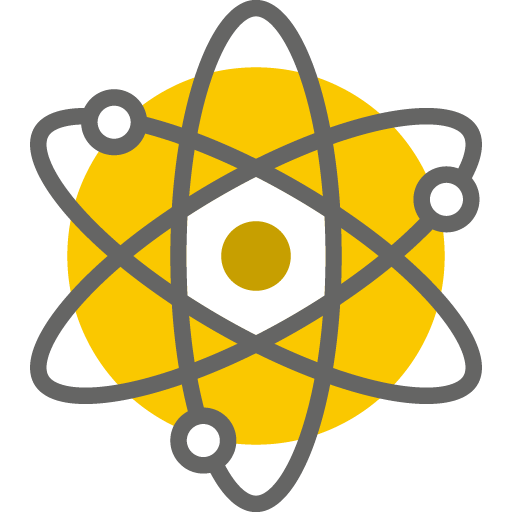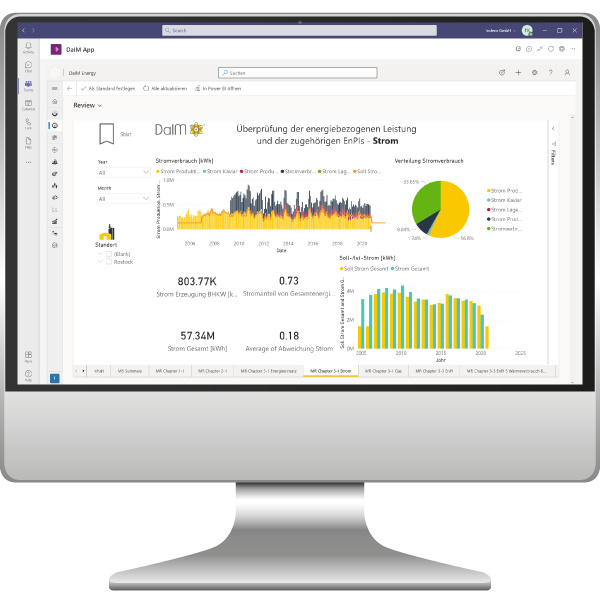Primär
DaIM in der Land- und Forstwirtschaft, die Fischerei und die Gewinnung von Bodenschätzen wie Erdöl oder Eisenerze
Sekundär
DaIM in der Industrie, Bau und Handwerk
Tertiär
DaIM im Handel und Dienstleistungssektor
Quartär
DaIM in der Forschung & Entwicklung und der Informationsgesellschaft mit Suchmaschinen, Soziale Netzwerke, Software und Datenbanken
DaIM steht für eine unkomplizierte Integration aller branchenspezifischen Anforderungen im Handumdrehen.
Die Kernanforderungen in ISO Managementsystemen sind branchenunabhängig. Alle Anforderungen gelten gleichermaßen. Branchenspezifische Anforderungen z.B. der Nahrungsmittelindustrie oder im Automotivbereich werden in DaIM unterstützt und können nahtlos integriert werden.
Lediglich der Umfang eines Managementsystems wird durch die örtlichen Gegebenheiten und der Komplexität der Organisation im Geltungsbereich bestimmt. Das hat Auswirkungen auf die Anzahl der Beteiligten Mitarbeiter und demzufolge auf die Intensität bzw. den Umfang zu generierender Daten. Unabhängig davon ob Kleinstbetrieb oder multinationaler Konzern müssen alle Kernanforderungen erfüllt werden.
- Automobilindustrie
- Behörden
- Bergbau
- Bildung
- Chemische Industrie
- Elektronik und EDV
- Energieversorgung
- Finanzwesen
- Gesundheits- und Sozialwesen
- Handel
- Informations- und Kommunikationstechnologien
- Konsumgüter
- Land- und Forstwirtschaft
- Luft- & Raumfahrt
- Maschinen und Anlagenbau
- Metallerzeugung und -bearbeitung
- Pharmaindustrie
- Ver- und Entsorgung
- Verkehr und Logistik
- Versicherungen


DaIM unterstützt eine Vielzahl von Managementsystem-Standards.
Sollten Sie hier nicht fündig werden, kontaktieren Sie uns. In einem kostenlosen Erstgespräch erläutern wir Ihnen, wie weitere Standards oder interne Konzernvorgaben integriert werden können.
- DIN EN 10204 · Metallische Erzeugnisse – Arten von Prüfbescheinigungen
- DIN EN 9100 · Qualitätsmanagementsysteme - Anforderungen an Organisationen der Luftfahrt, Raumfahrt und Verteidigung
- DIN EN ISO 13485 · Medizinprodukte – Qualitätsmanagementsysteme – Anforderungen für regulatorische Zwecke
- DIN EN ISO 19011 · Leitfaden zur Auditierung von Managementsystemen
- DIN EN ISO/IEC 17025 · Allgemeine Anforderungen an die Kompetenz von Prüf- und Kalibrierlaboratorien
- DIN ISO 19600 · Compliance-Managementsysteme - Leitlinien
- DIN ISO 21001 · Bildungsorganisationen - Managementsysteme für Bildungsorganisationen
- DIN ISO 55001 · Asset Management - Managementsysteme
- EMAS · Eco Management and Audit Scheme
- GxP · Richtlinien für „gute Arbeitspraxis“
- HACCP · Gefahrenanalyse und kritische Lenkungspunkte
- IATF 16949 · Anforderungen an Qualitätsmanagementsysteme für die Serien- und Ersatzteilproduktion in der Automobilindustrie
- IFS · Lebensmittel-, Produkt- und Servicestandards
- ISO 10012 · Messmanagementsysteme - Anforderungen an Messprozesse und Messmittel
- ISO 28001 · Sicherheitsmanagementsysteme für die Lieferkette - Gute fachliche Praxis zur Einführung von Sicherheitssystemen der Lieferkette, Beurteilung und Planung
- ISO 29001 · Erdöl-, petrochemische und Erdgasindustrie - Sektorspezifische Qualitätsmanagementsysteme · Anforderungen an Hersteller- und Serviceorganisationen
- ISO 35001 · Management von biologischen Risiken in Laboratorien und Organisationen mit vergleichbaren Tätigkeiten
- ISO 39001 · Managementsysteme für Straßenverkehrssicherheit (RTS)
- ISO 41001 · Facility Management - Managementsysteme
- ISO 46001 · Managementsysteme zur wirtschaftlichen Nutzung von Wasser
- ISO/IEC 20000, ITIL · Informationstechnik – Servicemanagement
- MAAS-BGW · Managementanforderungen der Berufsgenossenschaft für Gesundheitsdienst und Wohlfahrtspflege (BGW) zum Arbeitsschutz (MAAS-BGW)
- RedCert · Zertifizierungssysteme für nachhaltige Biomasse, Biokraft- und –brennstoffe
- weitere Standards auf Anfrage
The core components of DaIM
App
A central app for communication and collaboration in Microsoft Teams. With the data-based implementation of all standard requirements, processing is possible anytime and anywhere.
Documents & Processes
Securely edit documented information and processes efficiently, approve and authorize effectively, and keep them linked to the DaIM App's protected data.
Connector
Efficient handling of existing data by connecting data sources based on hundreds of proven data connectors. Deep insights by integrating all relevant data from the enterprise across all standards.
Review
Real-time management review at the click of a mouse. Minimize the effort for recurring evaluations. Compare the results of your management reviews.
Digital Auditor & AI
AI is not only about certification readiness of your management systems, but also about changing the way your employees work. With the Digital Auditor and the Improvement Engine you transfer your management system approach into the digital age.
Audit Mining
Real-time management review at the click of a mouse. Minimize the effort for recurring evaluations. Compare the results of your management reviews.
Innovative Technologies
The functional fusion of leading collaboration tools makes DaIM unique and the most advanced management system in the world today.
Functions
Asset management
Complex asset management over the entire life cycle
Audit management
Planning, execution and reporting from a single source
Compliance management
Binding obligations and material evidence at a glance
Document management
Collaborative work and database-supported management of electronic documents
Incident management
Intuitive recording and seamless tracking of events
Hazardous materials management
Safe handling of hazardous materials through systematic processes
Maintenance management
Preventing malfunctions through efficient maintenance
Key figure management
Flexible key figure system for monitoring business processes
Context management
Identifying and anticipating the expectations of interested parties
Measures management
Centralized control of corrective and preventive measures from all sources
Means of measurement management
Mapping of means of measurement hierarchies and maintenance of means of measurement capability
Process management
Identification, visualization, documentation, control and optimization of business processes
Resource Management
Organization of competencies, authorities and tasks for management teams
Risk management
Monitoring opportunities and risks in an intelligent way
Training management
Demand-driven training organization and record keeping
Scopemanagement
Clearly define scopes and exclusions through transparent scoping